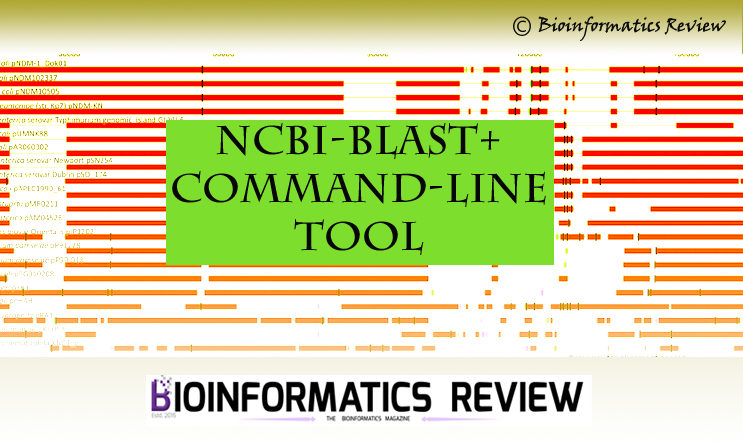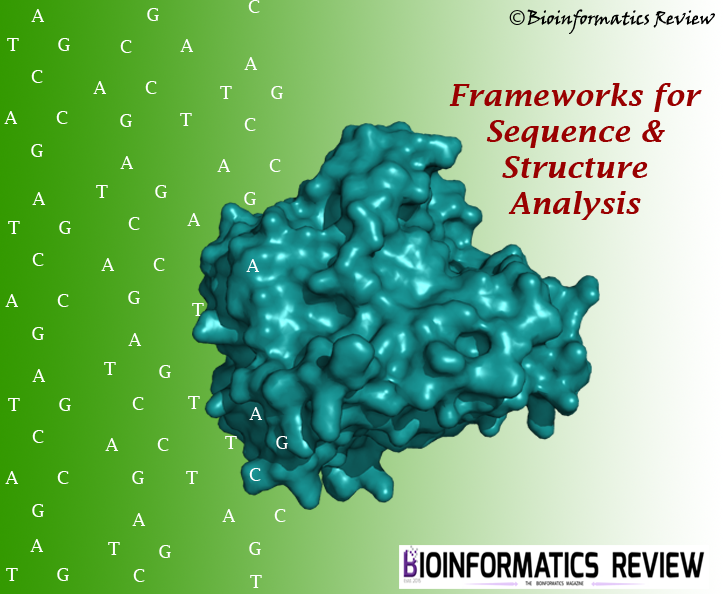Drug-drug interaction is an important method in bioinformatics, especially in the case of treatment of serious diseases such as cancer. It tells us about the drug effect modified by another drug. In this article, we summarize a few useful tools for drug-drug interaction prediction.
There are quite a few predictors available for drug-drug interactions. We have discussed below the most widely used software including their availability.
1. NDD
NDD is a standalone tool for drug-drug interaction prediction based on neural networks [1]. It first calculates the drug similarities and Gaussian Interaction Profile similarities for each drug pair. After that, it selects a subset of similarities based on more information and less redundancy. Later, it creates a single matrix by integrating all selected matrices. Finally, for each drug pair, the two corresponding rows of the integrated matrix are fed to a two-layer neural network for classification [1].
The software is freely accessible at Github.
2. DPDDI
DPDDI is another software for drug-drug interaction prediction [2]. It predicts drug-drug interactions by extracting the network structure features of drugs from the network with a graph-convolutional network and a deep neural network as a predictor [2]. It does not consider the drug properties such as drugs’ biological and chemical properties. Since the software is a Tensorflow implementation of the DPDDI model, therefore, it requires TensorFlow (1.0 or later), python 2.7, networkx, scikit-learn, and scipy to be installed.
The software is freely available to download at Github.
References
- Rohani, N., Eslahchi, C. (2019). Drug-Drug Interaction Predicting by Neural Network Using Integrated Similarity. Sci Rep 9, 13645.
- Feng, YH., Zhang, SW. & Shi, JY. (2020). DPDDI: a deep predictor for drug-drug interactions. BMC Bioinformatics 21, 419.










